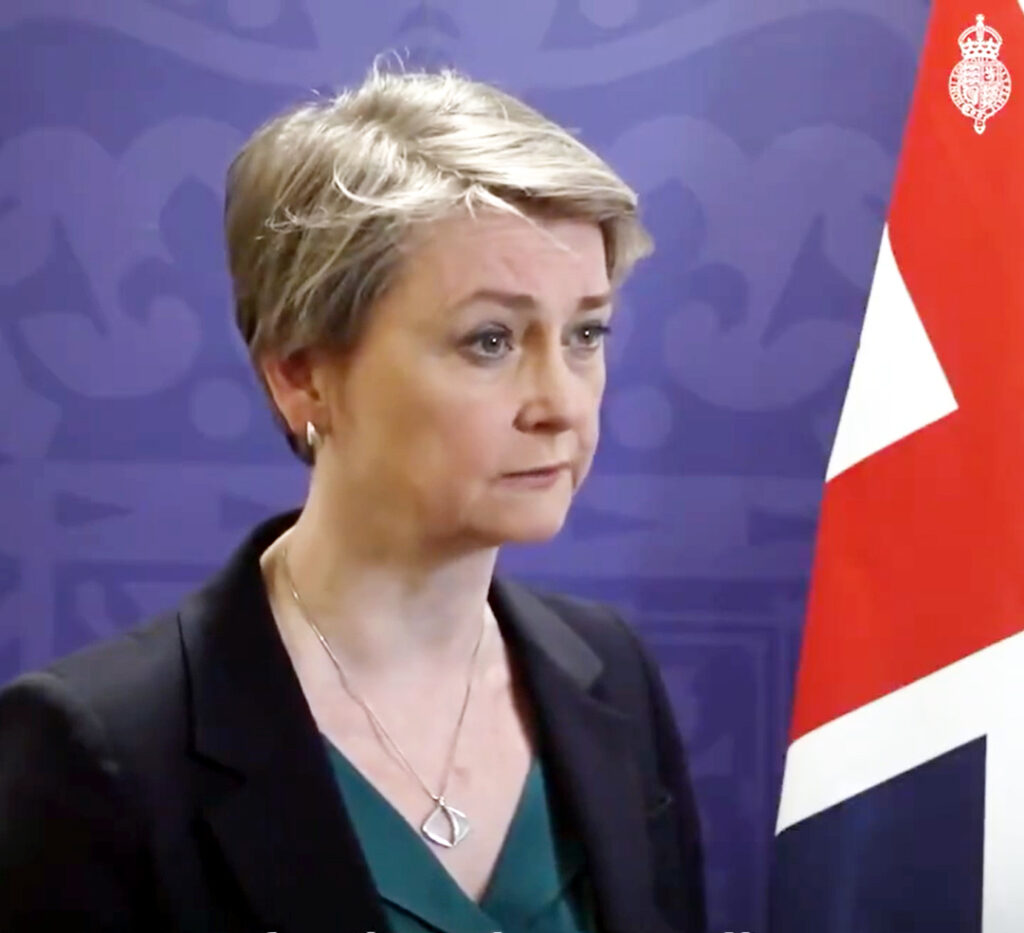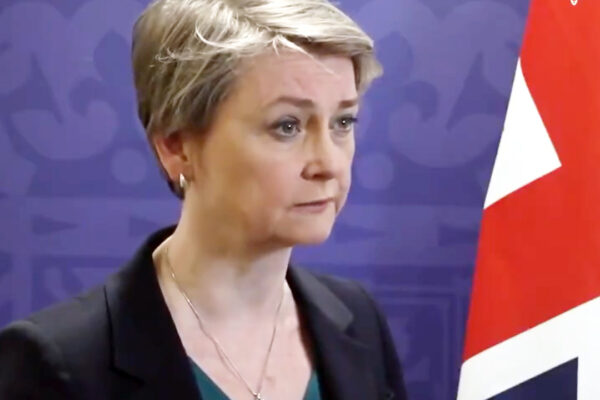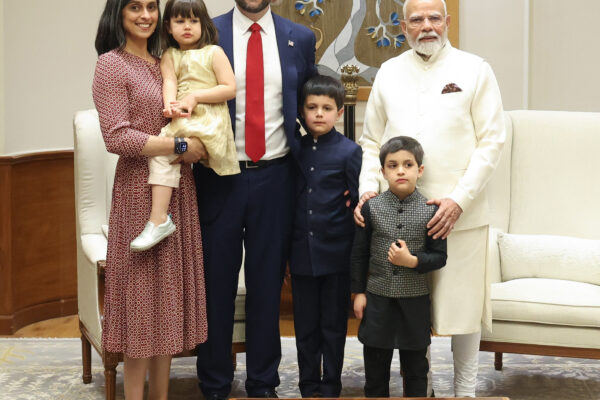
The UK government unveiled its new immigration white paper in Parliament, outlining sweeping reforms aimed at reducing net migration — including a ban on the recruitment of new overseas care workers.
The move was part of a broader strategy to tackle what officials described as “historically high” levels of net migration, which reached a record 906,000 in June 2023 and stood at 728,000 by year’s end.
Under the new rules, no further overseas recruitment was permitted in the care sector. However, international workers already in the UK on legal sponsorship were allowed to extend their stay, change employers, or apply for settlement, as the government shifted focus to building a homegrown care workforce.
The Home Office acknowledged widespread abuse and exploitation of some foreign care workers, many of whom had arrived in the UK only to find themselves in debt, treated unfairly, or misled about employment. Since 2022, more than 470 care providers had their sponsor licences suspended, displacing approximately 40,000 international care workers.
The government stated that these displaced workers would be offered opportunities to re-enter the sector under more ethical employment practices. Long-term reforms included plans to train UK nationals for care roles and implement fair pay agreements, allowing workers, employers, and sector representatives to negotiate improved conditions.
Speaking on BBC’s Sunday with Laura Kuenssberg, Home Secretary Yvette Cooper confirmed: “It is time to end that care worker recruitment from abroad,” adding that the changes would take effect this year.
Additional reforms to visa and recruitment laws included:
-
Raising the threshold for skilled worker visas to graduate level, up from the A-level requirement.
-
Restricting the Immigration Salary List (ISL) to a narrower range of occupations.
-
Cutting up to 50,000 lower-skilled visas over the following year.
The government said these measures would help reduce reliance on overseas labour in the care sector and improve employment standards. These changes built on the January announcement expanding the Care Workforce Pathway, designed to professionalise adult social care in the UK.
Simultaneously, Baroness Louise Casey began work on an independent commission on adult social care, described as a “once-in-a-generation opportunity” to reshape the sector through cross-party collaboration.
However, criticism followed. Shadow Home Secretary Chris Philp dismissed the measures as “too little” and renewed calls for a firm annual cap on migration.
While the Home Office had not confirmed all the details at the time of the announcement, government officials framed the reforms as a significant step toward reshaping the UK’s immigration system and strengthening the domestic care workforce.







Leave a Reply